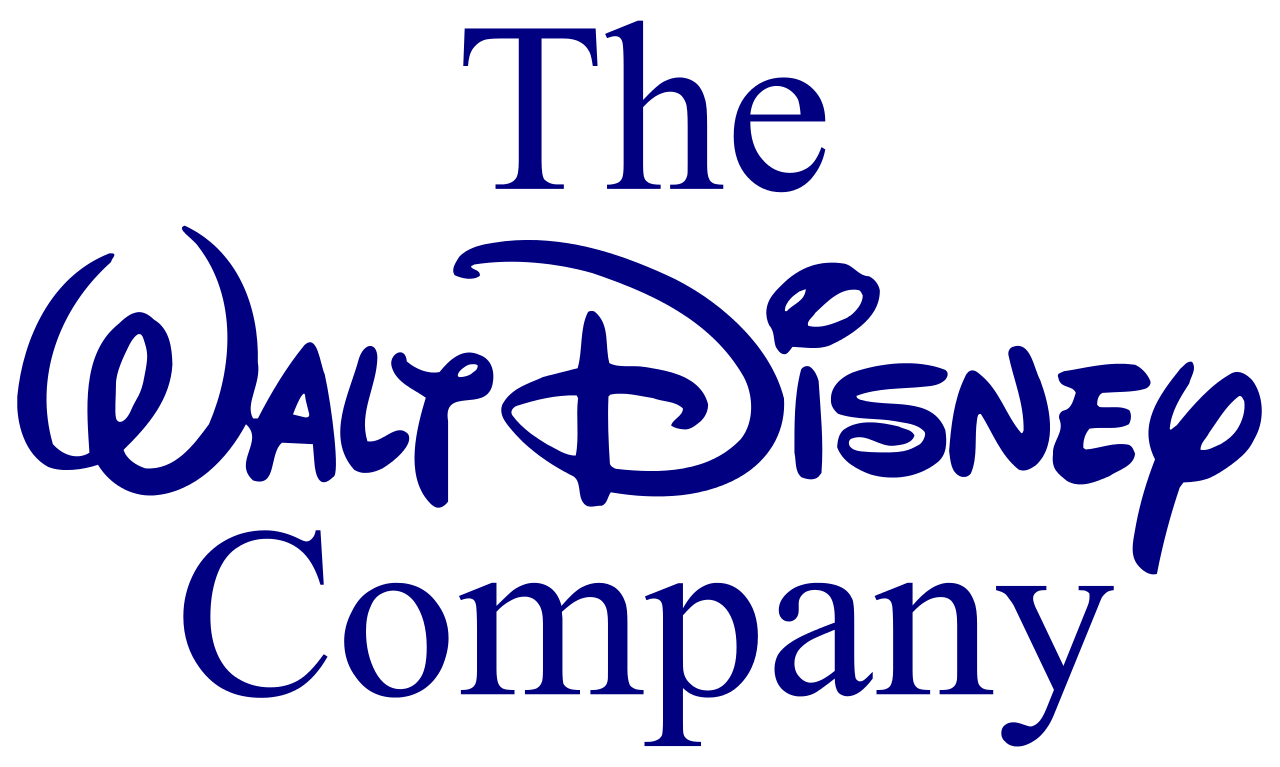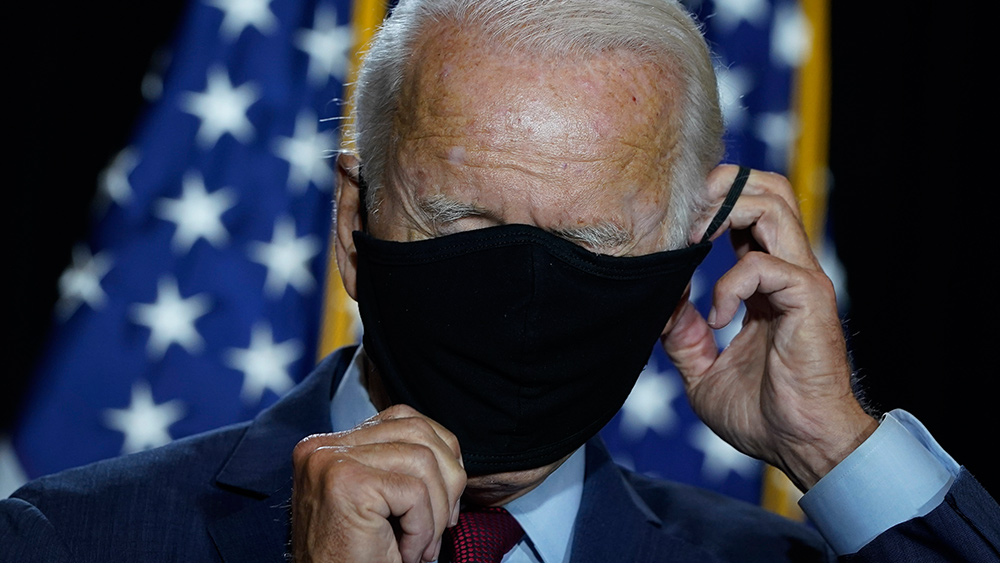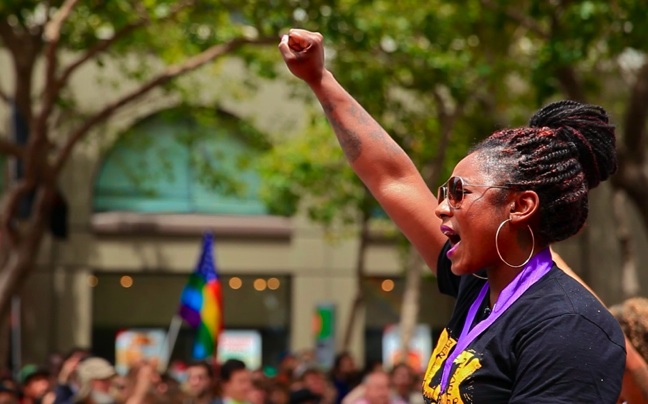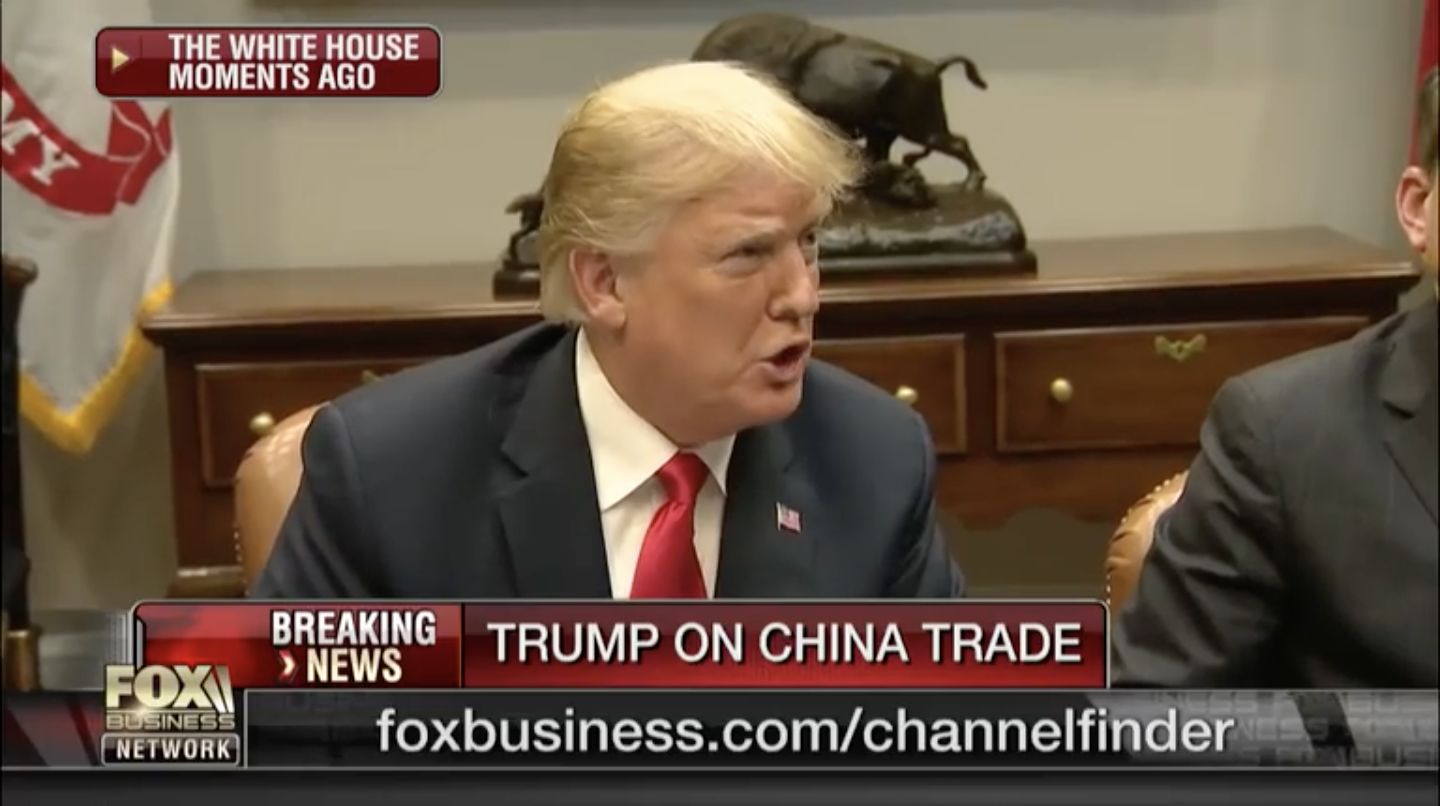Company fined half a million dollars for importing stevia sweetener products from Chinese company that uses forced labor camps for manufacturing
09/28/2020 / By Arsenio Toledo

American company Pure Circle is being fined $575,000 by U.S. Customs and Border Protection (CBP) for importing powdered sweetener products that were made using forced prison labor in Communist China.
Back in June 2016, a shipment of stevia, a low-calorie sweetener, from China to Pure Circle was impounded by the CBP because of a law that bans the importation of products made through forced labor. Stevia is used by soda companies as a sweetener for their products.
The shipment was seized after the CBP was tipped off that the Chinese company Pure Circle bought the stevia from, Inner Mongolia Hengzheng Group Baoanzhao Agricultural and Trade, LLC, was using forced labor. Following the initial detention, the CBP found that Pure Circle had imported at least 20 other shipments of stevia powder from Hengzheng Group.
Pure Circle disputed this allegation, stating that they had all of the documentation necessary to prove that they did not get their products from a company that uses forced labor.
“As part of its trade enforcement responsibilities, the CBP will hold companies accountable for importing goods produced with forced labor,” said Brenda Smith, executive assistant commissioner of the CBP’s Office of Trade, in a statement.
As part of Pure Circle’s settlement, they said that they did not admit any liability and merely agreed to pay the half a million fine in order to end the lengthy and costly investigation.
“We have strongly refuted and provided substantial evidence disproving the CBP’s 2016 claim that forced labor was used to produce the stevia we source from China,” said a company spokesperson in a statement.
The CBP’s settlement with Pure Circle represents the first time that a company has been penalized under the 2015 Trade Facilitation and Trade enforcement Act, which bans the import of goods made either entirely or in part through the use of different kinds of forced labor, including prison labor and bonded child labor.
If a company is hit by the CBP with a detention order, it can choose to either reroute the shipment and sell their products in another country, or try to argue with the CBP by providing documentation that proves their case.
A lot of products out there have questionable ingredients that come from less than reputable sources. Listen to this episode of the Health Ranger Report, a podcast by Mike Adams, the Health Ranger, and learn about all of the shocking toxic ingredients that some companies may be putting in their survival foods.
Other companies being threatened over possible use of forced labor
The CBP has been targeting a lot of other companies as well for their used of forced labor. Since September 2019, the agency has issued 11 detention orders over suspicions of certain shipments being made with forced labor.
Back in June, it blocked a shipment of hair extensions and accessories worth over $800,000 due to it coming from Xinjiang, China. (Related: Entire fashion industry complicit in forced labor of Uyghurs in China, rights groups say.)
The company, Lop County Meixin Hair Product Co., refused to comment, but a spokesperson from the Chinese embassy denied the allegation, stating that it is “both false and malicious.”
On July 1, CBP officials in Newark, New Jersey detained a shipment of products and accessories from Xinjiang, China over allegations that some of their products may be produced under forced labor and imprisonment. The CBP even believe that some of their accessories were manufactured with actual human hair, most likely forcibly retrieved from Uyghur prisoners.
Just last month, several shipments from Malaysian medical glove company Top Glove Corporation – incidentally the largest supplier of medical gloves for the whole world – were detained because of suspected force labor practices at two of its subsidiaries. The CBP is alleging that Top Glove’s subsidiaries use debt bondage and abusive recruiting of migrant laborers in the manufacturing of their products.
Also last month, the CBP issued a moratorium on all ports of entry for imports coming from Chinese clothing company Hero Vast Group based on a tip-off that their products were made with the use of prison labor.
According to the Human Trafficking Institute, more than $400 billion worth of goods entering the U.S. market is likely to be made fully or partially by forced labor. Hopefully, the CBP’s recent crackdowns and the strengthening of the country’s borders will put a significant dent into that kind of inhumane trade.
Sources include:
Tagged Under: artificial sweeteners, China, communist China, Customs and Border Protection, economy, evil, forced labor, human rights, illegal trade, labor camps, prison labor, Pure Circle, slave labor, slavery, stevia, trade, twisted, uyghurs, Xinjiang
RECENT NEWS & ARTICLES
COPYRIGHT © 2020 CommunistChina.News
All content posted on this site is protected under Free Speech. CommunistChina.News is not responsible for content written by contributing authors. The information on this site is provided for educational and entertainment purposes only. It is not intended as a substitute for professional advice of any kind. CommunistChina.News assumes no responsibility for the use or misuse of this material. All trademarks, registered trademarks and service marks mentioned on this site are the property of their respective owners.



















